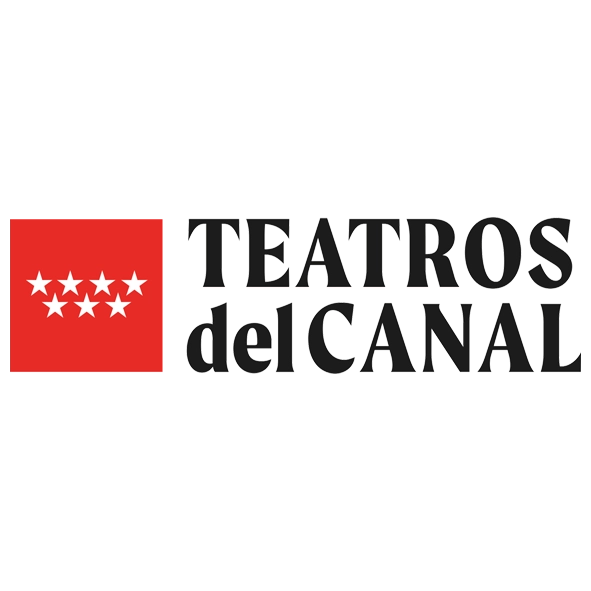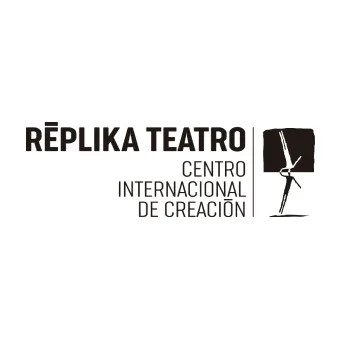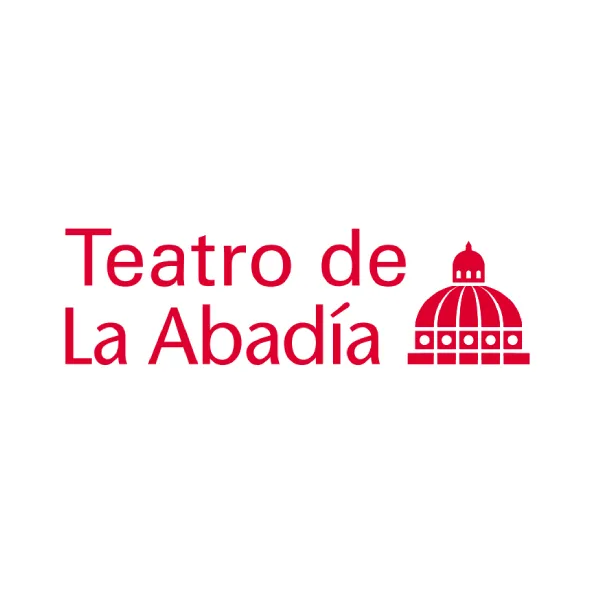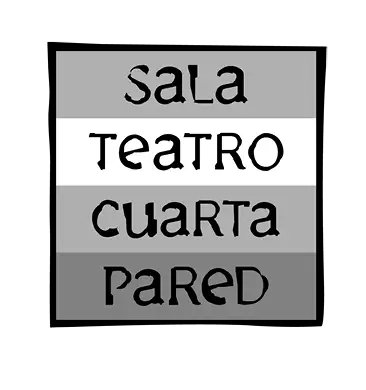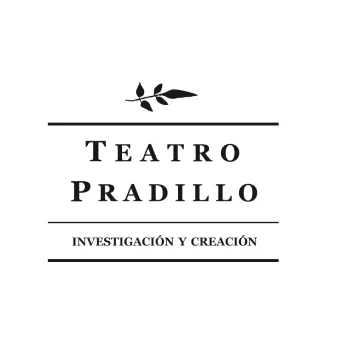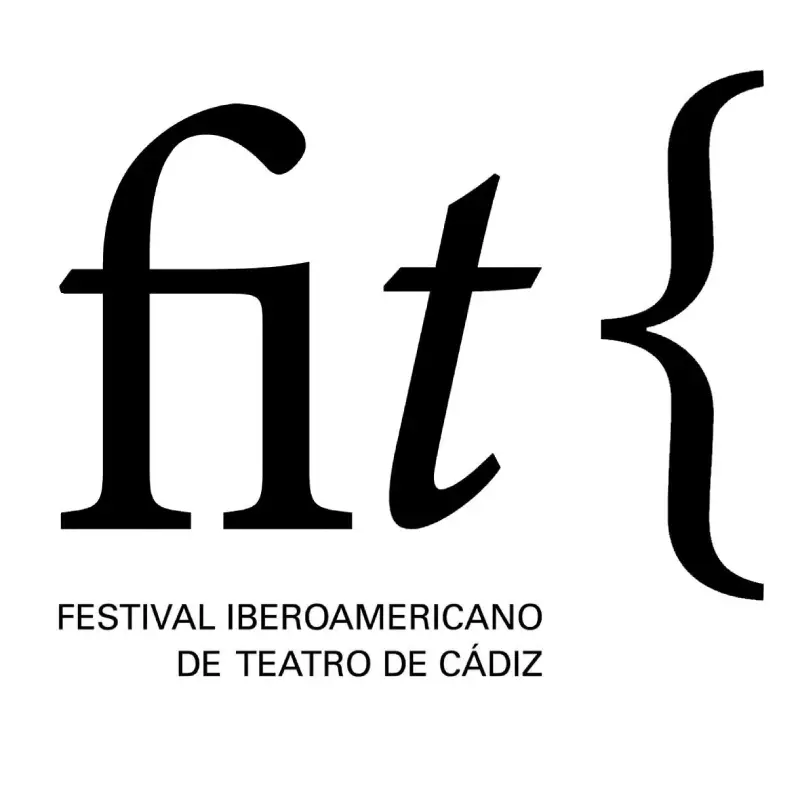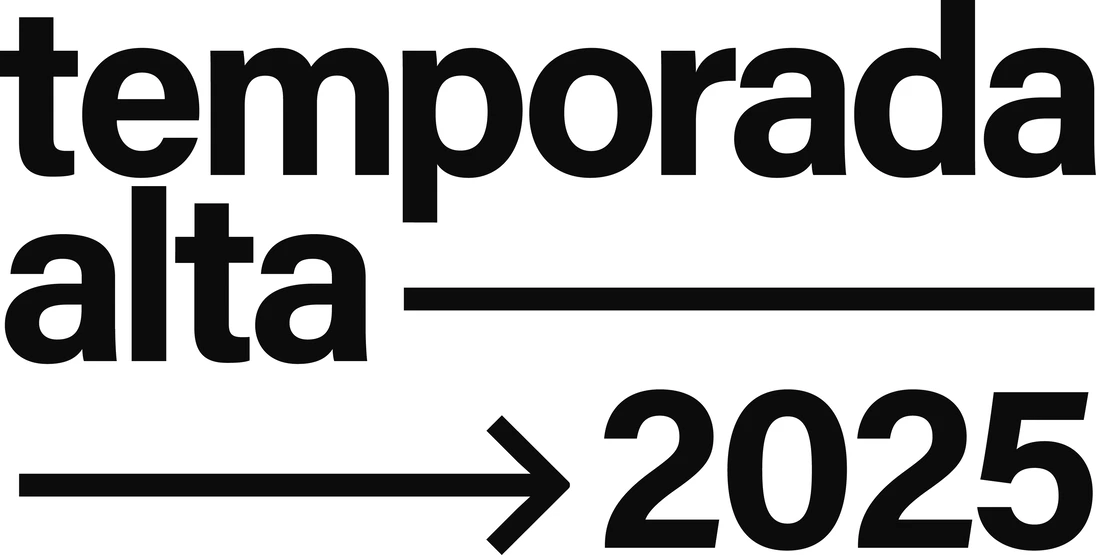
 ENGLISH
ENGLISH
 ENGLISH
ENGLISHIn this 2025 edition, the Festival de Otoño de Madrid seeks, above all, to be a space for dialogue. A dialogue that is artistic, aesthetic, cultural, and generational.
From the very first moment I accepted my appointment as a Mexican woman entrusted with the artistic direction of the Festival de Otoño de Madrid, I did so with enthusiasm and joy. It is an honour and a profound responsibility on both sides of the Atlantic.
Madrid has opened itself to new voices and, above all, to different visions, concerns, and expressions that, while largely rooted in a shared history, reflect diverse realities.
The commitment to a programme and management with more than fifty percent of productions and collaborations coming from overseas, bound together by language, clearly reflects a desire for inclusion and integration as a whole. It shows a particular interest in engaging with the concerns and aesthetics of Spanish-speaking countries, which, although united by a shared language and past, hold realities as varied as the vast territories they span, and yet still recognise one another.
This exchange in Spanish, whose strength grows day by day, comes to life in the Festival through the presentation of multiple collaborations between our countries and others, as well as representative productions from some of them, proposing an exhaustive journey. It begins in North America with Mexico and its reflections on social issues, such as the little-known Oaxacan muxes, the revealing biographical theatre of Conchi León, the force of destiny in Edipo: Nadie es Ateo by the young and talented David Gaitán, and, above all, the dramatic reality of disappearances and the searching mothers who are tearing the country apart. The road continues south, with a brief but rich stop in Colombia, in the north of South America, embracing the humour and incisive analysis of Colombian reality, so present in the world’s imagination through its magical realism, as seen in the iconic play Labio de liebre by Teatro Petra. Finally, it arrives in the Southern Cone, bringing plays from Argentina, including the multi-awarded Los días afuera by Lola Arias among others; Uruguay with the collaboration Ofrenda para el monstruo by Tamara Cubas; and Chile, also with an emblematic company, Teatrocinema, both addressing themes that speak directly to youth.
The youth, the audiences of the future who are already with us today, provided we can bridge the generational gap by accepting that their aesthetics, expressions, and interests deserve not only respect but genuine interest. We have dedicated almost a third of the programme to them, with a wealth of dance and its rhythms, including the closing show led by the renowned French choreographer Amala Dianor, Macbeth Muet from Quebec, and Odysseas by La Mecànica.
With these few brushstrokes, I invite each of our spectators, the faithful and knowledgeable audience, and those joining us for the first time, to enjoy the great names of the stage that will be part of this programme, and to celebrate the opportunity to share emotions throughout November in Madrid, a city that will be alive with other worlds and visions.
Marcela Diez
Festival de Otoño Artistic Director
Organized by:

